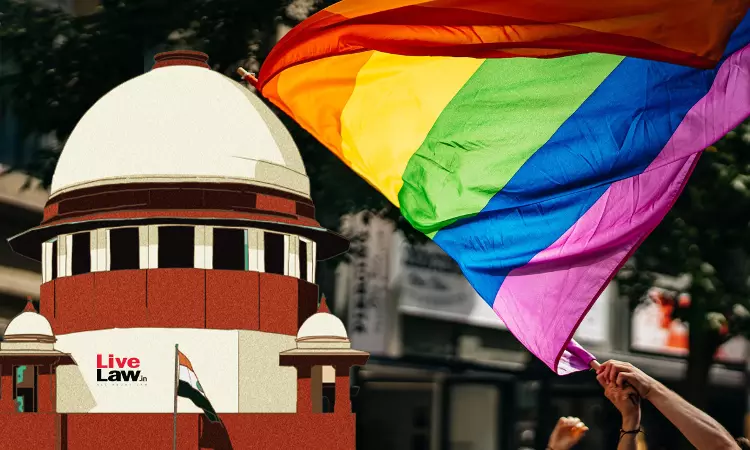Transgender Persons In Heterosexual Relationships Have Right To Marry Under Existing Laws: Supreme Court
Padmakshi Sharma
17 Oct 2023 3:26 PM IST

Next Story
17 Oct 2023 3:26 PM IST
While refusing to grant legal recognition for queer marriages in India, the Supreme Court today affirmed that transgender persons in heterosexual relationships have a right to marry as per the existing statutory laws or personal laws. The Constitution bench pronounced four judgements– written by CJI DY Chandrachud, Justice SK Kaul, Justice Ravindra Bhat and Justice PS Narasimha...
